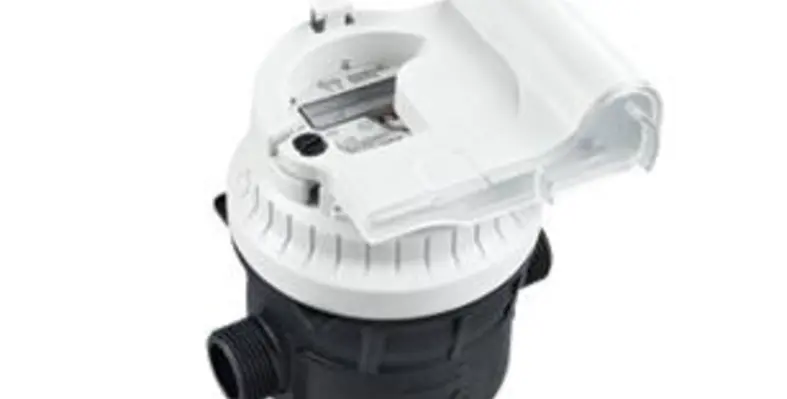Diehl Metering, a smart metering solutions provider, explains how sustainable solutions in metering and piping networks management can help reduce the commercial loss of non-revenue water (NRW)
Some issues related to the commercial loss for NRW are meters not working or stalled; tampering or manipulation of meters; meter readers not having proper access; meter readers not taking readings or influenced to give wrong readings; and illegal connections and theft. Danco Capital, a water solution provider (WSP) in Kenya, has cut water losses through sustainable solutions in metering and piping.
1. Choose an accurate meter
Avoid cheap, inaccurate meters which can stall within one year of installation. Quality meters should last more than seven years and be MID-approved. Using the correct meter with higher accuracy, the right type of meter for the turbidity of the water, and tamper-proof is imperative.
Diehl Metering offers a wide range of meters all smart-enabled. They are tamper-proof, lab-tested in Europe, available in composite or brass. It is important that a WSP looks at lifetime cost, accuracy and technical benefits when choosing a meter. At Ruiru and Juja Water Services Company, Kenya, a series test using a Diehl Metering volumetric meter and other less accurate meters available showed that over six months the company was recording on average 15 per cent to 20 per cent higher readings from the Diehl Metering meters over the less accurate meters. This meant an increase in revenue and return on investment.
2. Automated meter reading (AMR)
Taking advantage of technology cannot be ignored and must be embraced by WSPs to help reduce commercial losses. Eldoret Water and Sanitation Company (ELDOWAS) in western Kenya have been instrumental in conducting a pilot for automated meter reading (AMR) in one DMA. The board and senior management have contracted Danco Plastics to install and hand over a fixed network system using Diehl Metering technology to test AMR as a way to reduce commercial losses.
ELDOWAS have installed a fixed network system from Diehl Metering. All meters are installed with a radio module that emits a radio pulse every eight seconds. This pulse is read by a fixed receiver, all readings are collected and data sent by GPRS to a cloud-based server. This data is read by an online software that the ELDOWAS team can access anywhere. The software gives GPS data on every meter and provides an alarm for meters that have been stalled or tampered with, or detects overflow, all highlighted on the software and accessible at any time.
An additional option to a fixed network system is a drive-by system – this is offered by Diehl Metering and works very well for remote areas or where the water service provider wants to cover a larger area. A drive-by system uses a handheld device that can be driven around (or on foot) around the city and will automatically collect the meter readings from smart meters within 500 m of the device. Therefore by driving around the city all readings can be collected and downloaded onto the software for billing or further analysis.
This saves time and gives accurate readings for billing. Similar to the fixed network systems, the alarms are available and while completing the drive-by and analysis, it is possible to see which meters are tampered with or not working properly.
The advantages of drive-by or fixed network automated meter reading are: accuracy with no challenges; bills can be sent faster; analysis of water consumption; focus on problem customers; quick intervention on the tampered or faulty meter; analysis on water consumption for better management of resources; and integration between reading and billing.










